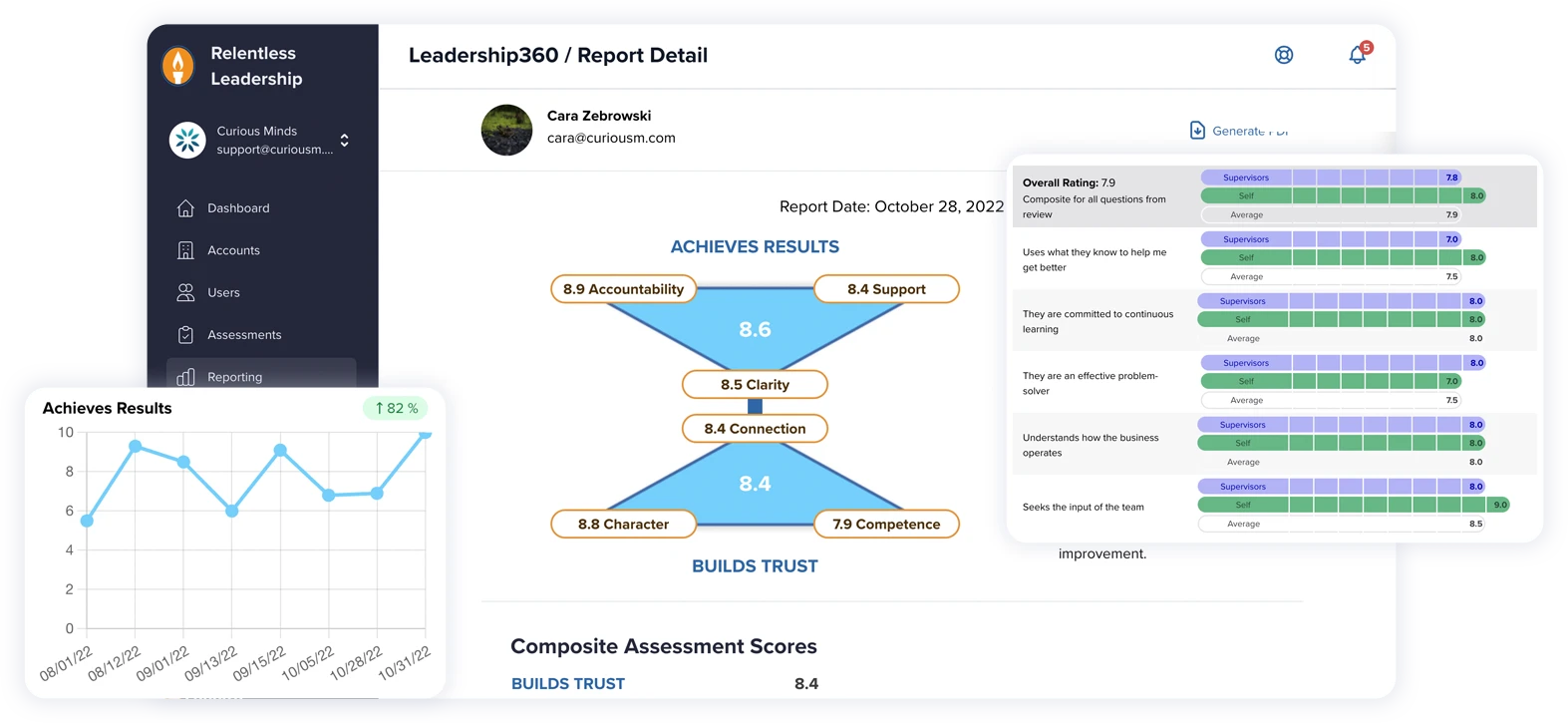Since technology is constantly growing and evolving, offshore development has gained significant traction in the business world. Assigning work, particularly internet and software development labor, to folks in other nations is known as offshore development. Two attractive advantages are that it may save some overhead costs and have a wider talent pool to choose from. As with any business decision, you must understand the risks and ramifications.
How Offshore Development Works
Consider a scenario where a new tech startup launches in Seattle. To cut costs, they contemplate hiring a team in Southeast Asia to develop an app for them. However, this team of app developers operates within a different cultural and economic environment than the Seattle company.
For such international collaborations to be effective, it's crucial to have well-defined project parameters, alignment among team members, and consistent communication. The difference in time zones can further complicate matters. In such situations, the role of the project manager becomes imperative, ensuring that the development process remains smooth and efficient.
Pros and Cons of Offshore Development
The Allure of Offshore Development:
The most alluring aspect of offshore development is that it can be less expensive. Companies can locate a broad variety of professionals by hiring people from all over the world, often for a fraction of the price of hiring them locally. Businesses can also easily alter the number of their development teams that work on development projects as scope evolves.
The Flip Side:
The offshore model does have some problems. It might be challenging to comprehend one another due to language and cultural barriers, which can lead to misunderstandings. These issues can slow down projects and make them less efficient. Time zone differences make coordination even harder because they can also cause delays and put stress on relationships between teams. Because of these problems, it might be necessary to change how a business usually works.
Common Problems with Offshore Development
Different countries have unique cultural norms and work ethics, which can influence how tasks are done. Ensuring consistent quality becomes challenging, especially with dispersed teams. Additionally, offshore models increase concerns about data security and intellectual property protection.
Costs and fees you don't see:
Training and Getting Started: Bringing offshore developers into a company's workflow often requires a lot of training. This is especially true if the developers don't know the tools, platforms, or even the business area of the company that hired them. The time and money spent on this can sometimes make up for the money saved at first.
Scheduling meetings, feedback sessions, and regular check-ins with teams located in different time zones can be challenging. This not only delays projects but may also result in misunderstandings that need to be cleared up, which raises costs.
Revisions for Quality: If the delivered work falls short of the requirements agreed upon, it usually goes through a number of revision cycles. This not only delays the project but may also increase its cost, particularly if the modifications are significant.
How Onshore Development Affects The Economy
Choosing onshore development has wider economic implications. By keeping development local, businesses are investing in their local economy.
Job Creation and Skill Development: Onshore development contributes to local job creation. Each job has a ripple effect, leading to other jobs in related sectors. Local hiring also fosters skill development, ensuring a competitive local talent pool.
Stimulating Local Economies: Thriving tech industries benefit local businesses, from cafes to stationery stores. Employees' expenditures on housing, food, and entertainment ensure money circulates within the local economy.
Building a Tech Ecosystem: Prioritizing onshore development can foster a robust tech ecosystem, attracting more tech companies and startups, turning regions into tech hubs.
Enhancing National Competitiveness: On a larger scale, onshore development can boost a country's global tech standing, attracting foreign investments and partnerships.
The ethical side of onshore development is that it ensures fair wages, good working conditions, and adherence to labor laws. It also promotes sustainable practices and giving back to the community.
Why You Should Consider Alternatives to Offshore Development
There are plenty of issues with offshore development that need to be looked at more closely. Early cost cuts can look good, but problems with quality and potential security breaches make them worse in the long run.
Onshore development, which involves working with an in-house team, offers a more secure approach. It makes sure everyone has the same objectives and makes real-time communication easier. This method also improves security and maintains consistent quality control. So, businesses can continue their operations without undergoing significant alterations.
Local Custom Web Development
Curious Minds Media does more than just code. They create unique digital experiences. Our team ensures that your project is completed smoothly by utilizing the most recent technologies.
We do not send any of our projects overseas, which is what many of our competitors do. We think that if we encourage and pay US-based experts, we can keep the level of communication and quality that is often lost when development is done elsewhere.
With a hands-on, in-house, and partially remote approach, our team can work together in real time and get feedback right away. The final product is 100% exactly what our clients had in mind and what they wanted to achieve. You get more than just custom web development services from Curious Minds Media, you also get a local partner who wants to help you reach your business goals.
As the business world becomes increasingly globalized, companies will continually face the decision of whether to hire locally or look abroad. While offshore development offers some advantages, the challenges it presents, from cultural barriers to communication hurdles, can't be ignored. It's essential for businesses to weigh these challenges against the potential benefits and decide what's best for their unique needs.



















